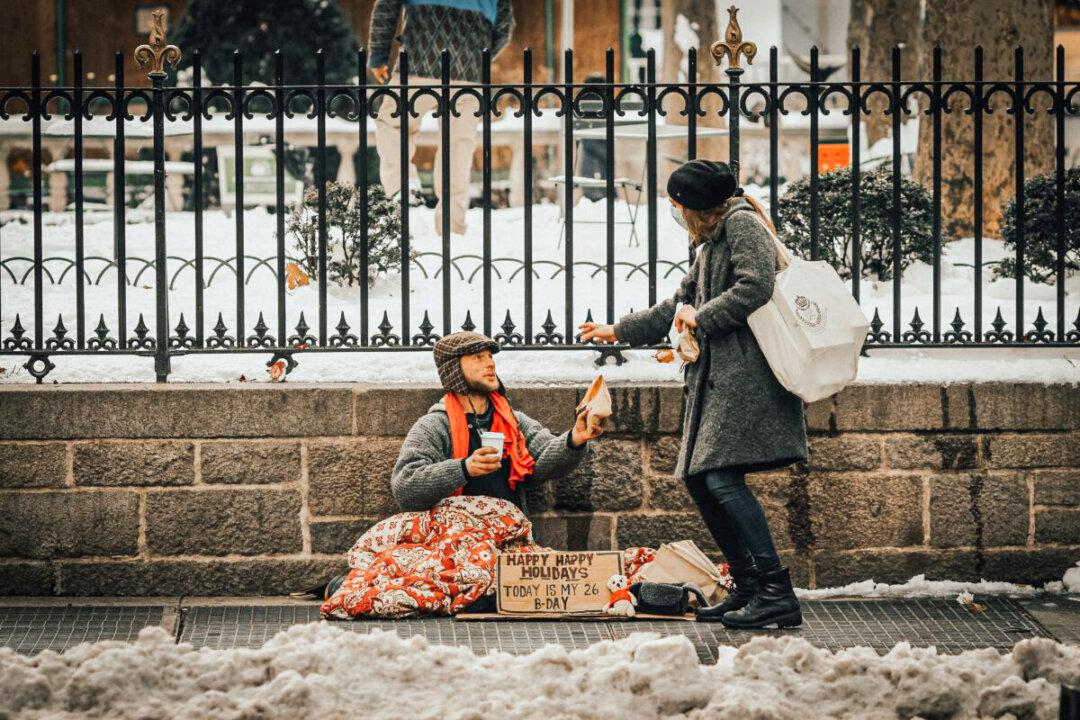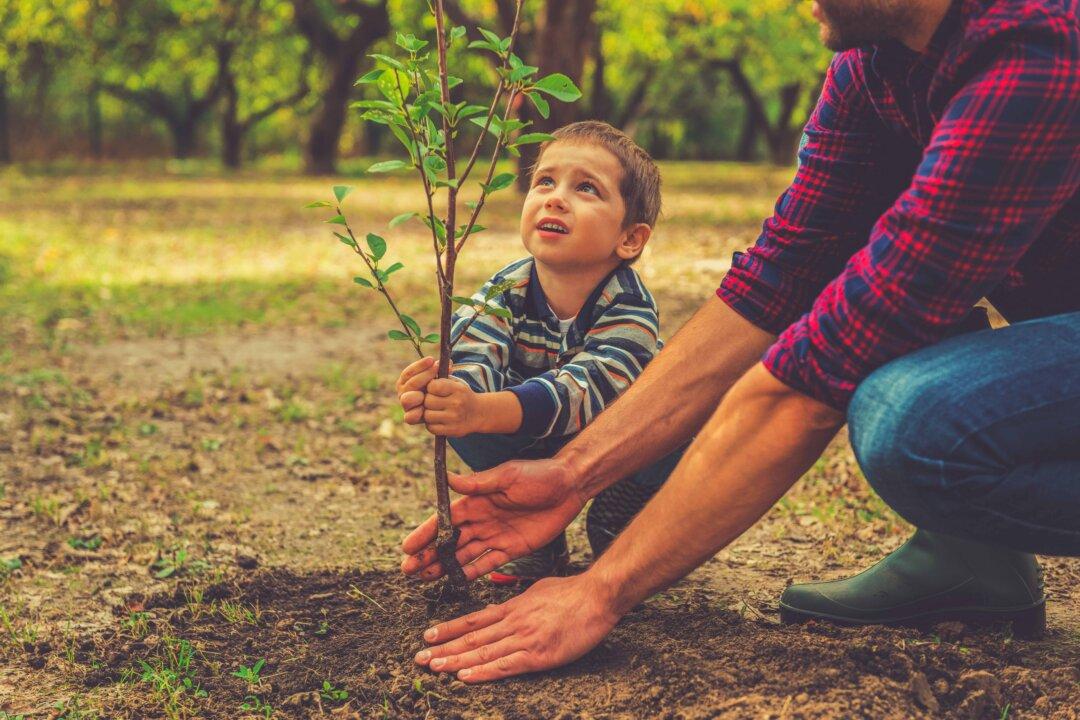As COVID-19 ricocheted around the globe, millions of us sought shelter in retreat. Not only were we quarantining at home, we were putting up internal walls against the suffering we saw in the world. For more than a year, it’s been easy to justify an inward focus rather than an outward one.
Study Affirms How Compassion Helps Mental Health
International study finds that people who turn away from compassion have felt more depressed, anxious

As COVID-19 pushed us into isolation, those who still pursued compassion and connection fared better, a study finds. Jon Tyson/Unsplash
|Updated:

